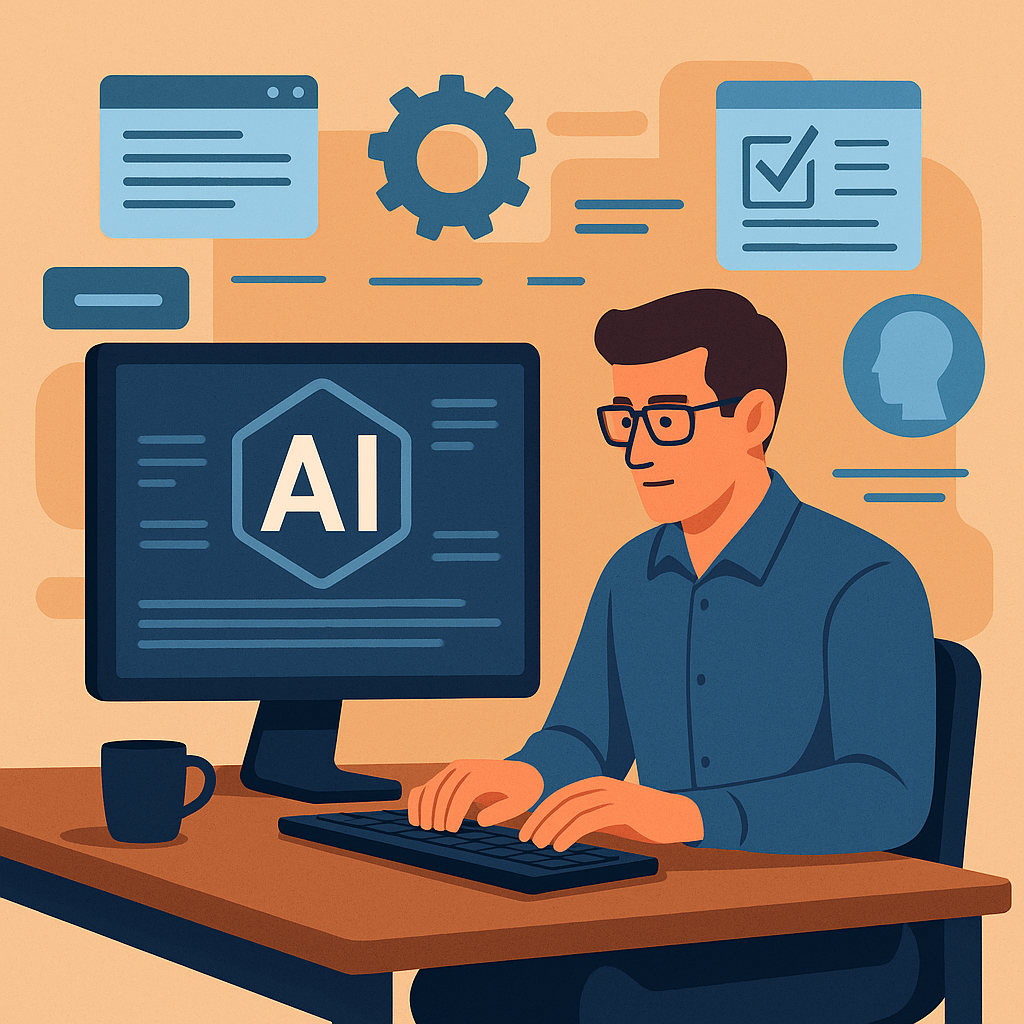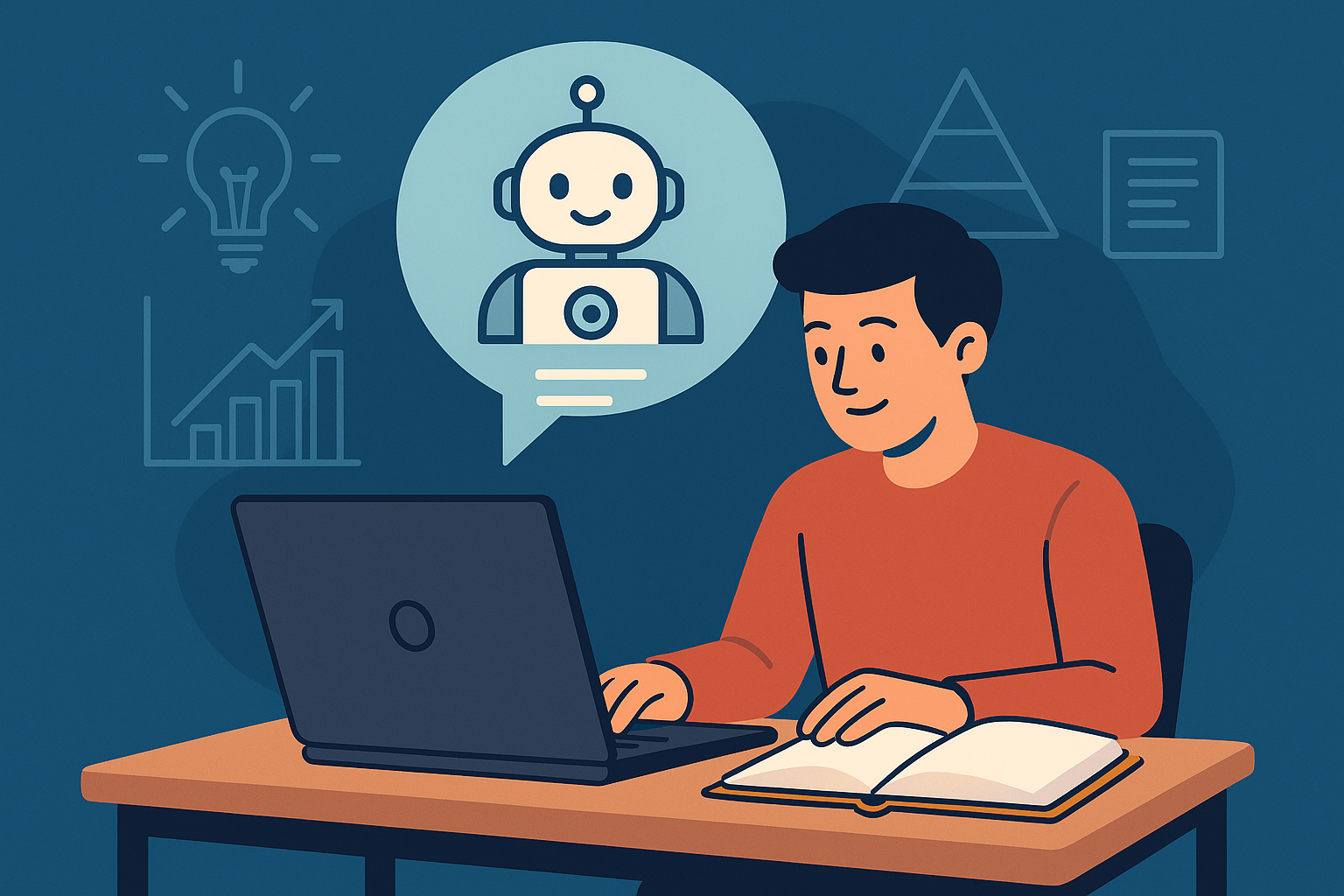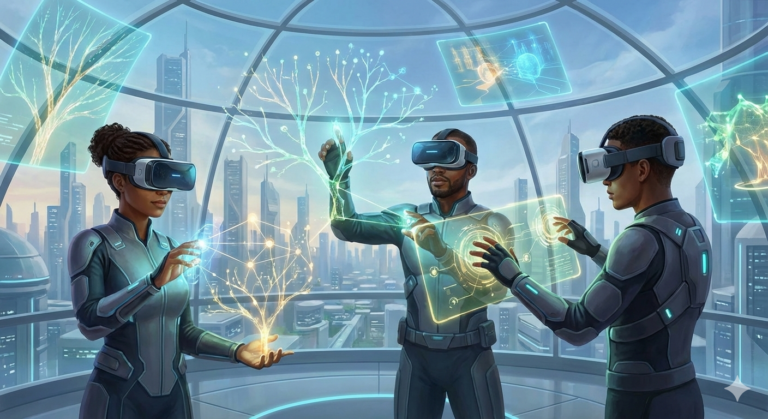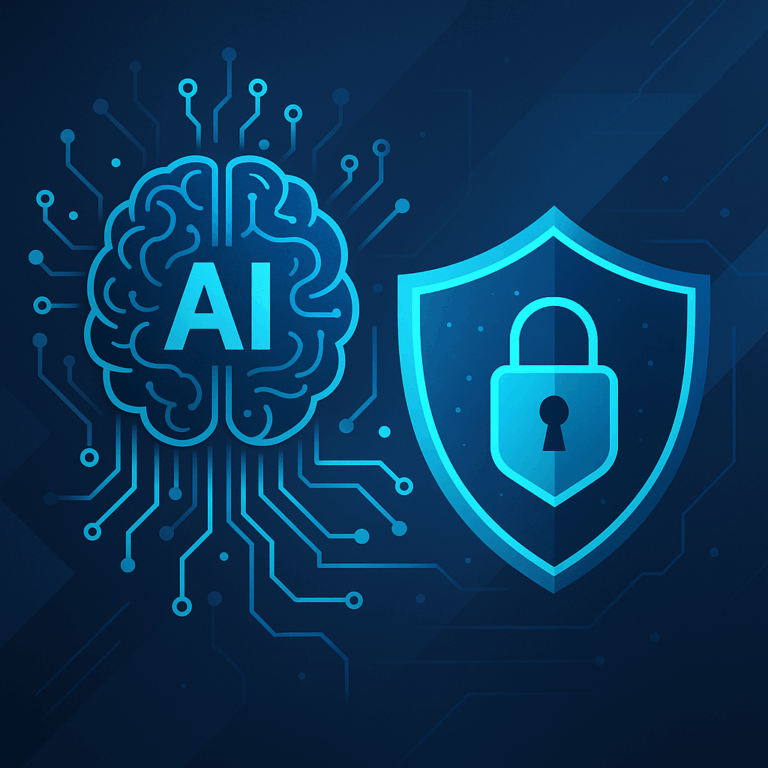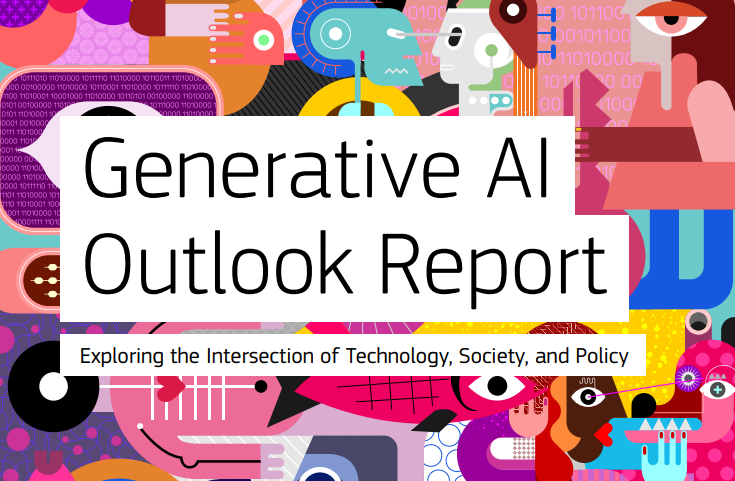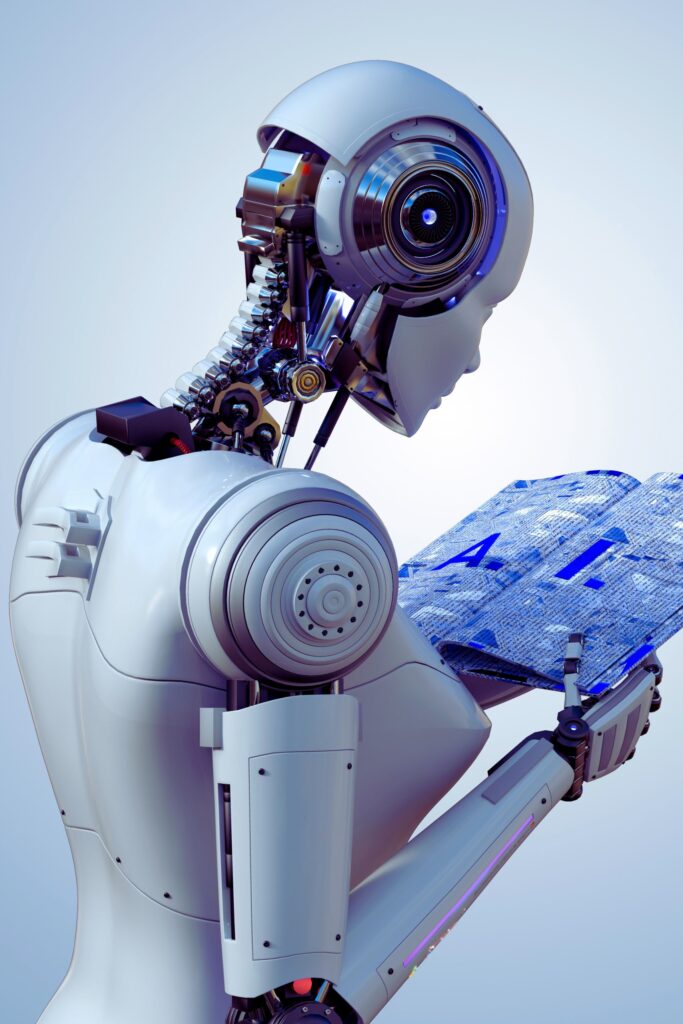Uusien ammattien nousu: Mitä tarkoittaa olla nopea insinööri?
Generatiivinen tekoäly (AI) muokkaa Euroopan työmarkkinoita nopeammin kuin mikään aiempi teknologisen innovaation aalto. Luovista toimialoista valmistavaan teollisuuteen tekoälytyökaluista on tulossa olennaisia tuottavuuden ja innovoinnin välineitä. Tämän seurauksena syntyy täysin uusia ammatillisia rooleja – rooleja, joita ei ollut olemassa vielä muutama vuosi sitten. Näihin kuuluvat Pikainsinööri erottuu yhtenä tämän uuden aikakauden ikonisimmista.
Uusi rooli uudelle todellisuudelle
A Pikainsinööri on ammattilainen, joka on erikoistunut generatiivisten tekoälymallien – kuten ChatGPT:n, Midjourneyn tai muiden suurten kieli- ja kuvajärjestelmien – ohjaavien syötteiden suunnitteluun, jalostukseen ja optimointiin merkityksellisten, tarkkojen ja luovien tulosten tuottamiseksi. Rooli kuroa umpeen ihmisen aikomuksen ja koneellisen tulkinnan välistä kuilua varmistaen, että tekoälyjärjestelmät tuottavat tuloksia, jotka ovat linjassa liiketoiminta-, koulutus- tai luovien tavoitteiden kanssa.
Mukaan Eurooppalainen taitojen, osaamisen, tutkintojen ja ammattien luokitus (ESCO) viitekehyksessä tällaiset roolit sopivat kasvavaan tekoälyyn liittyvien ammattien joukkoon, jotka yhdistävät tekninen lukutaito kanssa toimialakohtainen asiantuntemus ja eettinen tietoisuus. Ohjelmistokehittäjä (prompt engineer) edustaa kielitieteilijän, suunnittelijan, data-analyytikon ja ohjelmistokäyttäjän hybridiä – hän kykenee muuttamaan abstraktit ideat tarkoiksi ohjeiksi, jotka koneet ymmärtävät.
Kehotteiden tuolla puolen: Generatiiviset tekoälykehittäjät ja uudet urapolut
Nopeaan suunnitteluun liittyy läheisesti nouseva rooli Generatiivinen tekoälykehittäjä—ammattilainen, joka keskittyy generatiivisten tekoälymallien luomiseen, hienosäätöön ja käyttöönottoon tiettyjä käyttötapauksia varten. Nämä asiantuntijat yhdistävät ohjelmointitietämyksen (Python, TensorFlow, PyTorch) luonnollisen kielen käsittelyn, datan kuratoinnin ja suunnittelueettisten periaatteiden ymmärrykseen.
Yhdessä nämä ammatit muodostavat uuden digitaalisen ekosysteemin Euroopan tekoälytaloudessa – sellaisen, joka vaatii sekä luovuutta että kriittistä ajattelua. Yritysten integroidessa yhä enemmän generatiivista tekoälyä työnkulkuihinsa, kyvystä "puhua tekoälyn kieltä" tulee ratkaiseva taito.
Roolin taustalla olevat taidot
Nopeaksi insinööriksi tai generatiiviseksi tekoälykehittäjäksi tuleminen vaatii yhdistelmän tekninen, luova, ja eettinen osaamista, mukaan lukien:
- Kieli- ja viestintätaidot: tarkkojen ja kontekstirikkaiden ohjeiden laatiminen tekoälyjärjestelmille.
- Analyyttinen ajattelu: tekoälyn tulosteiden tarkkuuden, harhan ja luotettavuuden arviointi.
- Digitaalinen lukutaito: perehtyneisyys tekoälyalustoihin, API-rajapintoihin ja dataputkiin.
- Eettinen ja oikeudellinen tietoisuus: ymmärrystä tietosuojasta, läpinäkyvyydestä ja immateriaalioikeuksista tekoälyn luomassa sisällössä.
- Iteratiivinen ongelmanratkaisu: palautteen ja tulosten perusteella tehtävien kehotteiden tai mallien testaaminen ja jalostamine.
Nämä taidot eivät rajoitu vain tietojenkäsittelytieteilijöihin. Markkinoinnin, suunnittelun, koulutuksen ja tekniikan alan ammattilaiset voivat kaikki hyötyä nopean suunnittelun periaatteiden ymmärtämisestä – mikä tekee tekoälyosaamisesta välttämättömyyden eri aloilla.
Miksi se on tärkeää Euroopan digitaaliselle tulevaisuudelle
Euroopan digitaalisen muutoksen strategia, joka on linjassa Digitaalinen vuosikymmen 2030 tavoitteet, korostaa tekoälyn, datan ja digitaalisen yhteistyön osaavan työvoiman kiireellistä tarvetta. Nousevat roolit, kuten Pikainsinööri ja Generatiivinen tekoälykehittäjä ovat ratkaisevan tärkeitä Euroopan kilpailukyvyn ylläpitämiseksi samalla varmistaen, että teknologia pysyy eettisenä, osallistavana ja ihmiskeskeisenä.
Upottamalla nämä taidot Ammatillinen koulutus, projekteja, kuten GenAISA auttaa kuromaan umpeen osaamisvajetta ja valmistaa sekä opiskelijoita että ammattilaisia työmarkkinoiden muuttuviin vaatimuksiin. Kyky työskennellä tehokkaasti generatiivisen tekoälyn kanssa on pian yhtä tärkeää kuin itse digitaalinen lukutaito.
Tulevaisuuteen katsoen
Uusien tekoälyammattien nousu ei ole ohimenevä trendi – se on alku rakenteelliselle muutokselle siinä, miten määrittelemme työn ja luovuuden. Nopeat insinöörit, tekoälykouluttajat ja generatiiviset kehittäjät ovat keskeisessä roolissa Euroopan tulevaisuuden talouden muokkaamisessa varmistaen, että innovaatio palvelee ihmisiä, ei päinvastoin.
Tässä muuttuvassa maisemassa yksi taito erottuu edukseen: kyky ohjata tekoälyä vastuullisesti ja luovasti. Generatiivisten teknologioiden kehittyessä myös ymmärryksemme siitä, mitä koneiden kanssa yhteistyö tarkoittaa, on kehityttävä.
